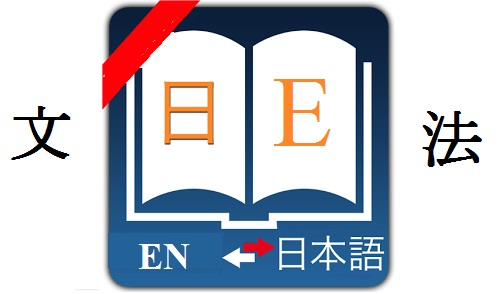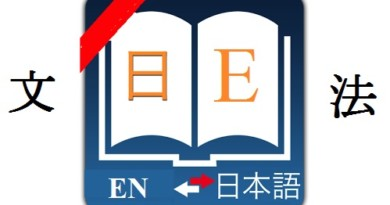Japanese てみたら grammar temitara
Let’s learn Japanese てみたら grammar temitara :
Japanese てみたら grammar temitara
Formation :
Meaning and how to use :
Describe the clue leading to the discovery. It is usually translated as “when V…”
Example:
事務所に行ってみたら先生は帰りました。
Jimusho ni ittemitara sensei ha kaerimashita.
When I went to the office, the teacher returned.
この料理を食べてみたら美味しかったので怒鳴ってしまった。
Kono ryouri wo tabetemitara oishikatta node donatteshimatta.
When I ate this dish, because it was delicious, I shouted.
この小説を読んでみたら面白いのでげらげらと笑った。
Kono shousetsu wo yondemitara omoshiroi node geragera to waratta.
When I read this novel, it was interesting, so I laughed.
あの人に会ってみたら僕とよく似ているのでびっくりしました。
Ano hito ni attemitara boku to yoku niteiru node bikkurishimashita.
When I saw that person, I was surprised because he looks a lot like me.
その番組を見てみたらつまらないので何度もあくびをした。
Sono bangumi wo mitemitara tsumaranai node nando mo akubi wo shita.
When I watched that program, I yawned many times because it was boring.
Ref : tuhoconline
Above is Japanese てみたら grammar temitara. If you don’t understand the signs we used in formation, you can find their meaning here : signs used in Japanese grammar structures.
You can search the structure you want by using the search tool on our website (using key : grammar + ‘structure name’ or you can find more Japanese grammar structures in the following category : Japanese grammar dictionary
